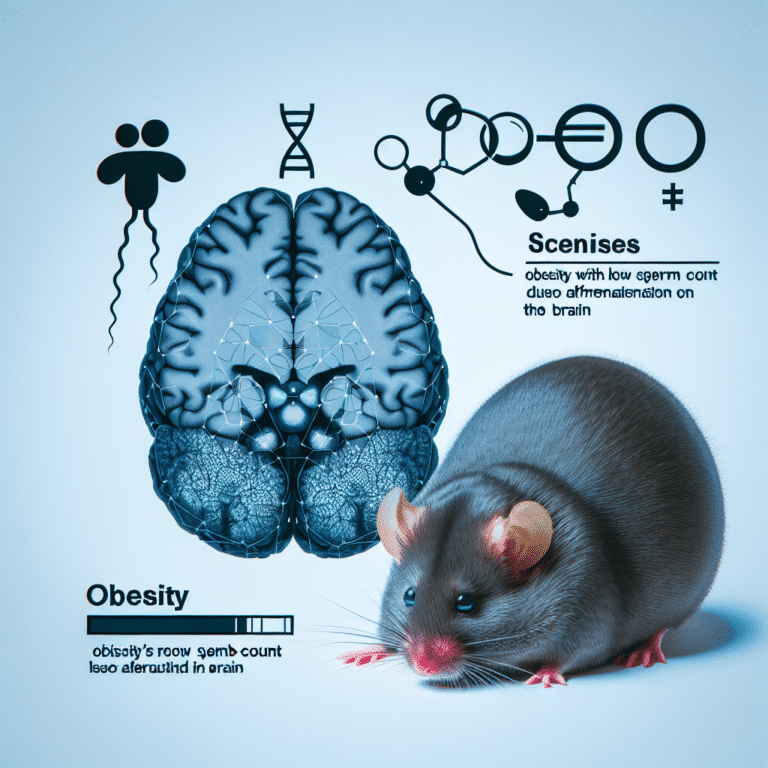Obesity is shown to impact testosterone levels in men, affecting muscle mass, cognition, and sperm count, with research revealing brain changes.
- Obesity in men can lead to lower testosterone levels, affecting muscle mass, cognition, and reproductive function, among other health issues.
- A study using mice fed a high-fat diet found that obesity causes chronic changes in the brain, impacting the connections between neurons and receptors that regulate food intake.
- The study revealed that obesity affects the hypothalamus-pituitary-gonadal axis, leading to lower hormone levels, testosterone, and sperm production.
- Researchers found that brain mechanisms impacted by obesity in mice are also present in humans, emphasizing the importance of understanding obesity’s effects on human reproduction.
- The research is focused on identifying specific neural and synaptic changes caused by obesity and exploring potential ways to reverse these changes through weight loss strategies.
Source link
Ob/Gyn & Women’s Health, Endocrinology, Obesity, Reproductive Health


